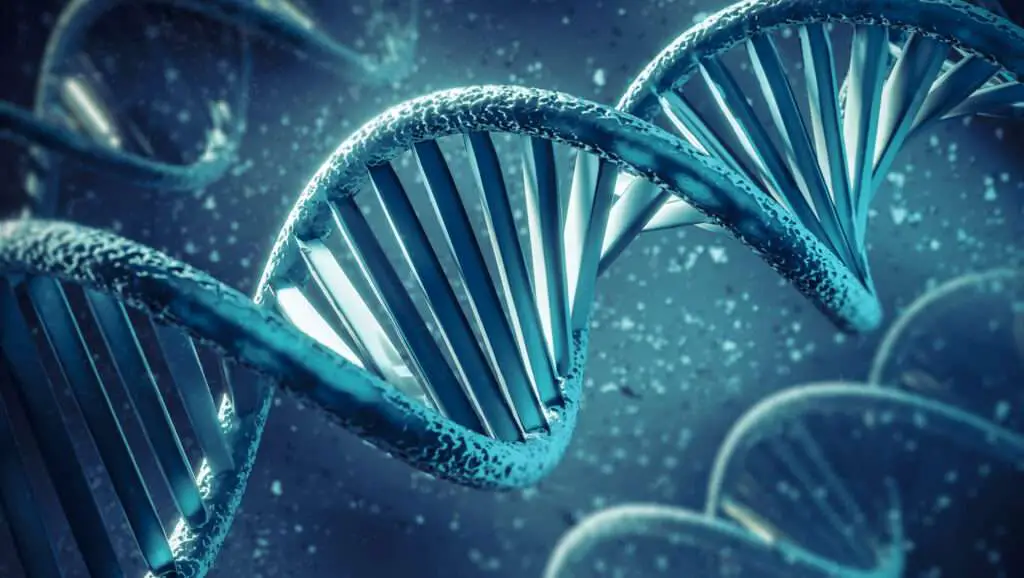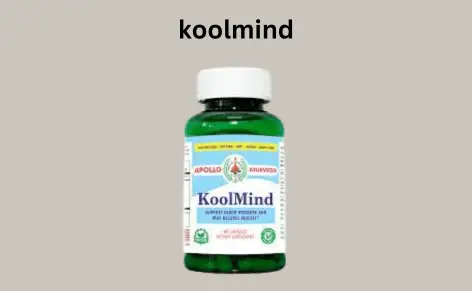When it comes to shedding pounds, the Role of Hormones in Weight Loss is often overlooked. While diet and exercise are important, hormones play a key role in regulating appetite, metabolism, and fat storage. Hormones like insulin, cortisol, leptin, and ghrelin can either support or hinder your weight loss efforts. Understanding how these hormones function can help you better manage your weight and achieve long-term success. This article explores how hormones impact weight loss and what you can do to work with them effectively.
Table of Contents
ToggleThe Hormonal Landscape
Hormones are biochemical substances produced by various glands in the body, such as the thyroid, pancreas, and adrenal glands. They travel through the bloodstream to tissues and organs, sending signals that regulate many functions, including metabolism and appetite. The major hormones related to weight loss include insulin, leptin, ghrelin, cortisol, and thyroid hormones.
- Ashwagandha helps control cortisol, a stress hormone that can lead to anxiety when elevated.
- Ashwagandha may balance brain chemicals like GABA, promoting relaxation and reducing anxiety.
- Ashwagandha boosts physical and mental stamina, enhancing stress resilience.
- By improving sleep, it combats stress and its impact on sleep patterns.
Insulin: The Storage Hormone
Insulin is primarily known for its role in blood sugar regulation. It is produced by the pancreas and aids in transporting glucose from the bloodstream into cells for energy or storage.
- Impact on Weight Loss: Elevated insulin levels can lead to increased fat storage and hinder fat burning. This is especially true in scenarios of insulin resistance, where the body’s cells become less responsive to insulin, often leading to weight gain.
- Healthy Insulin Levels: Eating a balanced diet rich in whole foods, high in fiber, and low in added sugars can help maintain insulin sensitivity. Regular physical activity is also crucial as it improves insulin function.
“Your diet is a bank account. Making good food choices is a good investment.” — Bethenny Frankel.
Leptin: The Satiety Signal
Leptin is often referred to as the “satiety hormone.” Produced by fat cells, it tells the brain when to stop eating.
- Weight Loss Connection: When you lose weight, your body produces less leptin, which can increase your hunger. Conversely, higher leptin levels in overweight individuals can lead to leptin resistance, blunting its effectiveness in curbing hunger.
- Managing Leptin Levels: A nutritious diet with healthy fats, lean proteins, and whole grains can help support leptin sensitivity. Ensuring quality sleep is also vital; lack of sleep can reduce leptin levels, increasing appetite.
Ghrelin: The Hunger Hormone
Ghrelin is known as the “hunger hormone.” Produced in the stomach, it signals hunger to the brain.
- Influence on Weight: Its levels rise before meals and fall after eating. Stress can elevate ghrelin, potentially making weight loss more challenging.
- Balancing Ghrelin: Eating regular meals that maintain stable blood sugar levels can help manage ghrelin. Incorporating more protein into meals, which is known to decrease ghrelin levels, can contribute to a feeling of fullness.
- Support healthy blood pressure by relaxing the thoughts.
- Natural, safe, and free of dangerous side effects.
- Helps strengthen the Mind to cope with Stress.
- Helps promote overall vitality.
- Made with 100% Natural Herb’s 10:1 extract.
Cortisol: The Stress Hormone

Your body’s response to stress requires the production of cortisol, which is commonly known as stress hormone.
The Weight Connection
- Chronic Stress Impact: Elevated cortisol levels can lead to increased appetite and cravings for high-calorie foods, which can result in weight gain, particularly in the abdominal area.
- Stress Management: Incorporating relaxation techniques like mindfulness, yoga, or regular exercise can help lower cortisol levels. A well-balanced diet rich in whole foods can also mitigate stress-related eating.
Thyroid Hormones: The Metabolism Regulators
The hormones produced by the thyroid gland, primarily thyroxine (T4) and triiodothyronine (T3), orchestrate metabolic processes.
- Hypothyroidism Effects: Low levels of thyroid hormones can slow down metabolism, making weight loss a daunting task. Symptoms include fatigue and weight gain despite normal eating habits.
- Maintaining Thyroid Function: Consuming adequate amounts of iodine and selenium through a balanced diet can support healthy thyroid function. Regular check-ups with healthcare professionals can help monitor thyroid hormone levels.
The Interconnected Web of Hormones

Understanding that these hormones do not work in isolation is key. Lifestyle factors, including diet, sleep, exercise, and stress management, can significantly influence hormonal balance and, by extension, weight loss.
Integrating Health Practices:
- Aim for a consistent sleep schedule to regulate hormones.
- Enhance physical activity with a mix of cardio and strength training to boost metabolism and balance hormone levels.
- Practice stress-reducing activities like meditation or spending time in nature.
Conclusion
Hormones can be powerful allies or formidable barriers in your weight loss journey, depending on how balanced they are. By understanding the roles of insulin, leptin, ghrelin, cortisol, and thyroid hormones, you can adopt holistic approaches to your health journey that go beyond calorie counting. Prioritizing nutrition, managing stress, and staying physically active will not only aid in weight loss but also enhance your overall well-being.
As you move forward, consider tracking how different foods, stress levels, and lifestyle choices affect your body. Your journey is unique, and understanding your hormonal health can be a game-changer in achieving your weight loss goals.
For more insights on diet and nutrition, explore Harvard Health and Mayo Clinic.


